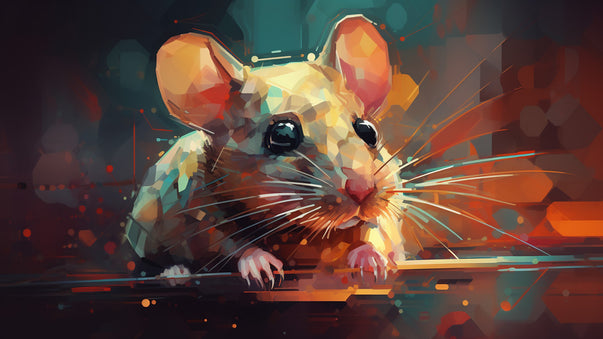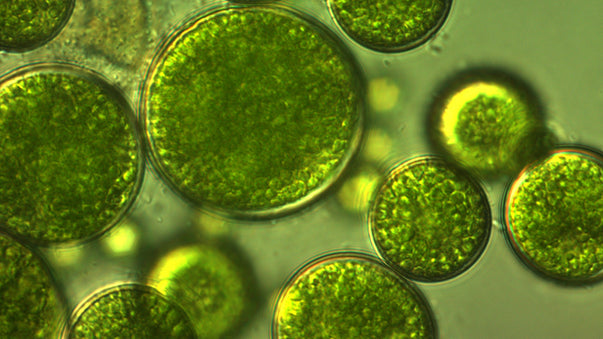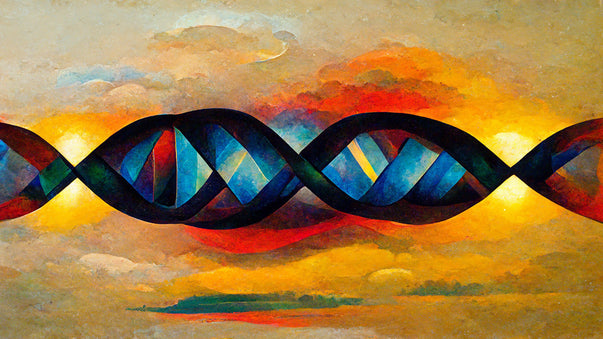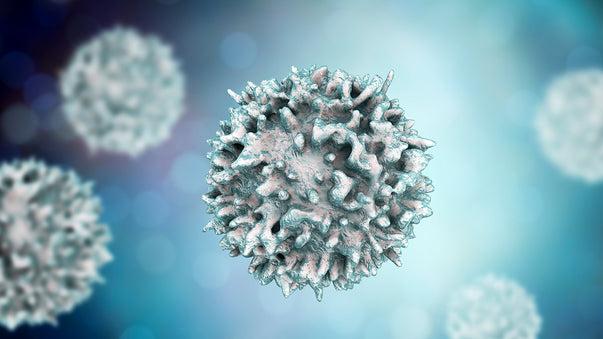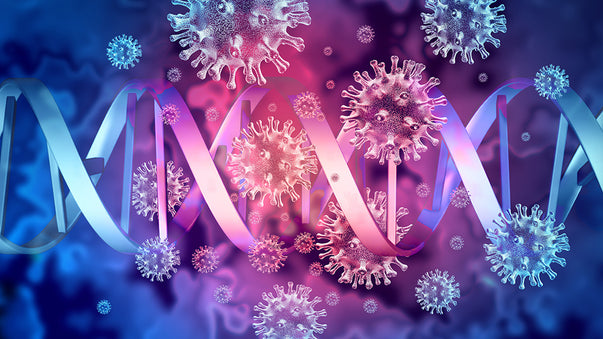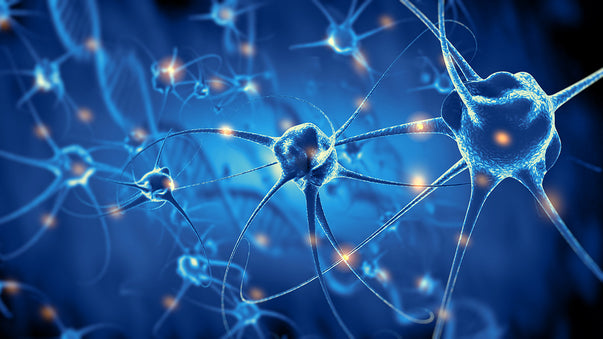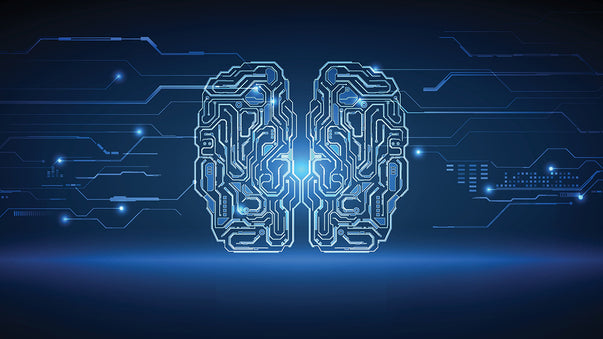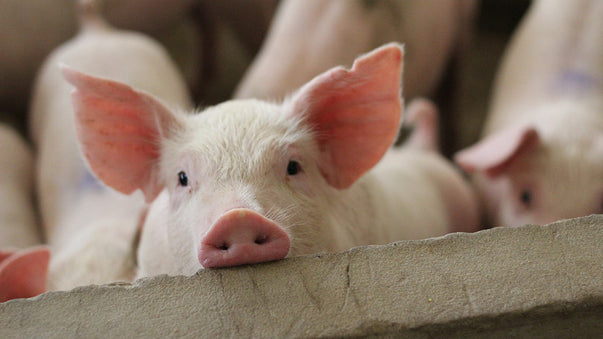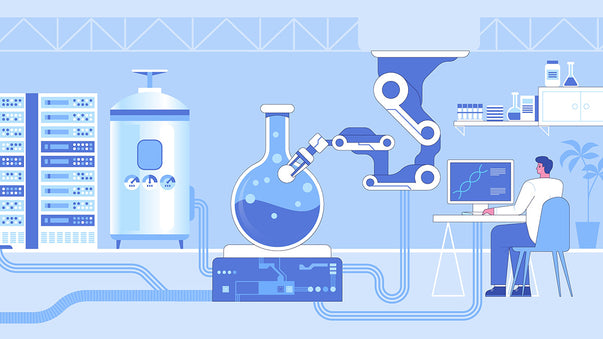Pulse Newsletter
Browse page 3 of our Pulse Newsletter articles in the Thrivous Views blog at Thrivous. They're listed below. If you prefer, you can also browse all articles in Thrivous Views. Or search for articles and other content on the Thrivous website.
-
Long-Term Resistance Training Promotes Healthy Aging
Autophagy is an important process in cells that helps get rid of damaged or unnecessary parts. When it doesn't work ...
-
Epigenetic Engineering Rejuvenates Lab Mice
Scientists led by Harvard Medical School have shown that degradation in the way DNA is organized and regulated - known ...
-
Algae-Based Microrobots Deliver Life-Saving Drugs
Nanotechnology engineers at UC San Diego have developed microscopic robots, called "microrobots." They can swim around in the lungs, deliver ...
-
Chromosome Fusion Enables Accelerated Evolution
Chinese scientists have developed a new technique for programmable chromosome fusion. And they've used the new technique in the laboratory ...
-
Bioengineered Immune Cells for Deadly Genetic Disease
Immusoft, a biotechnology company based in Seattle, has announced that the US Food and Drug Administration (FDA) “has agreed to ...
-
Genetically-Modified Cancer-Killing Oncolytic Viruses
In May, City of Hope and Imugene Limited announced that the first patient was dosed in a phase 1 clinical ...
-
New Artificial Neurons Send and Receive Chemical Signals
Scientists in China and Singapore have developed a novel artificial neuron. It can both release and receive dopamine. And it ...
-
Computer Simulations Reveal Deep Mysteries of the Brain
Researchers at Cedars-Sinai Medical Center have developed complex bio-realistic computer models of individual neurons. They are also suitable for the ...
-
"Mind Blowing" Restoration of Organic Function in Dead Pig
Scientists at Yale University have restored blood circulation and other cellular functions in pigs a full hour after their deaths. ...
-
New AI Boosts Drug Discovery
Scientists at University of Washington and Harvard University have developed Artificial Intelligence (AI) software that can help create proteins. It ...


